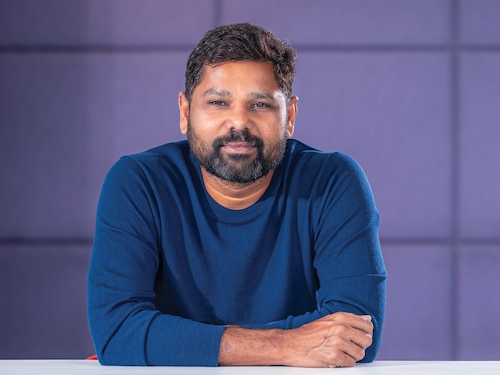from the bookshelves
Advertisement

To challenge the status quo, you'll have to break some rules: Girish Mathrubootham
Girish Mathrubootham on life after stepping down as CEO of Freshworks, and the impact of the "monster wave" that is artificial intelligence on his business
Advertisement
Advertisement
...
Explore More Categories
- Home /
- From the bookshelves
Latest News
Advertisement
Advertisement
Advertisement